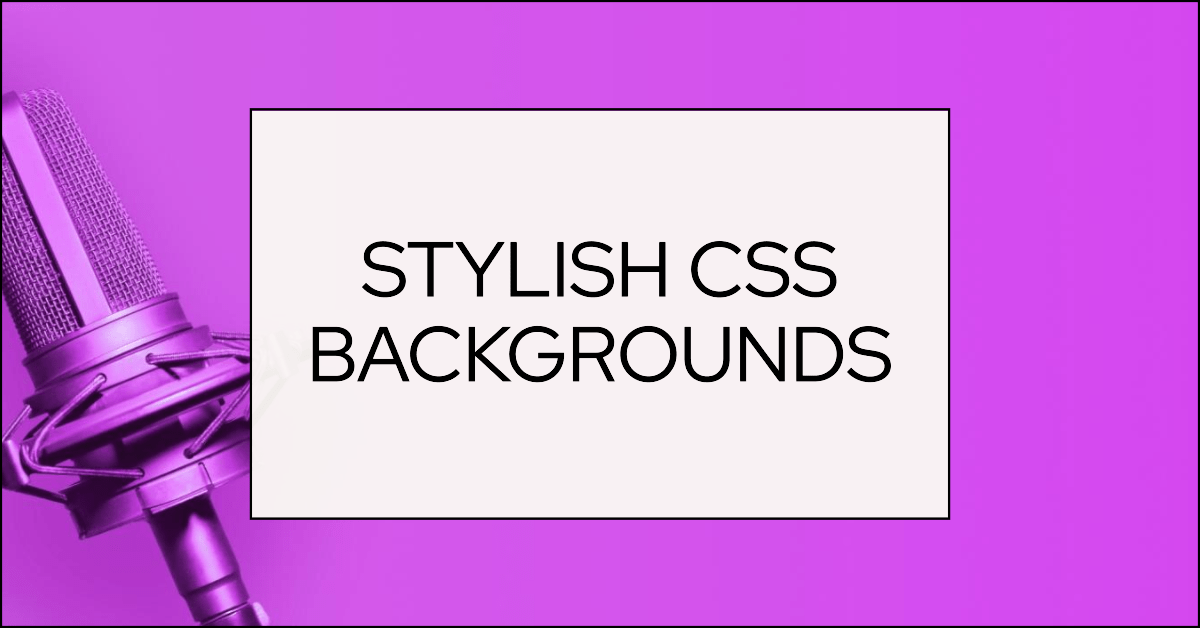Unleashing Creativity: A Comprehensive Guide to Mastering CSS Backgrounds
Elevating Visual Creativity: A Code-Centric Unleashing
WBeyond mere text and links, websites evolve into visual experiences, sparking emotions and seizing attention in a captivating manner. CSS backgrounds play a pivotal role in crafting these immersive spaces, allowing designers to paint vibrant backdrops, create engaging textures, and set the stage for compelling content.
Understanding the Building Blocks
CSS offers a robust set of properties to control backgrounds, each one fine-tuning a specific aspect:
Key Properties:
- background-color: Sets the base color of the element.
- background-image: Specifies an image to use as a background.
- background-repeat: Determines how the image repeats (repeat, no-repeat, repeat-x, repeat-y).
- background-position: Places the image within the element (top, bottom, left, right, center, combinations, or pixel values).
- background-size: Adjusts the image’s size (cover, contain, specific dimensions).
- background-attachment: Fixes the image in place (fixed) or scrolls with the content (scroll).
Shorthand Magic:
- background: Combines multiple properties for concise styling:
background: #f0f0f0 url("texture.jpg") no-repeat center center/cover;
FAQ: Unlocking CSS Background Secrets
Q: How can I create a gradient background?
A: CSS supports linear and radial gradients, allowing for smooth color transitions. Here’s an example of a linear gradient:
background: linear-gradient(to bottom, #f0f0f0, #ccc);
Q: How do I make a background image responsive?
A: Use background-size: cover or background-size: contain to ensure the image scales appropriately for different screen sizes.
Q: How can I create a parallax scrolling effect?
A: Combine background-attachment: fixed with different scrolling speeds for elements to create a captivating visual experience.
Q: Can I have multiple background images?
A: Yes, you can layer multiple images by separating them with commas in the background-image property.
Experiment, Explore, and Enrich Your Designs
CSS backgrounds offer a powerful toolkit for visual expression. Embrace their possibilities, experiment with different techniques, and create websites that visually captivate and engage your audience.
Remember:
- Prioritize visual clarity and readability.
- Optimize image sizes for performance.
- Test across various devices and browsers.
- Embrace creativity and unleash your visual voice!


